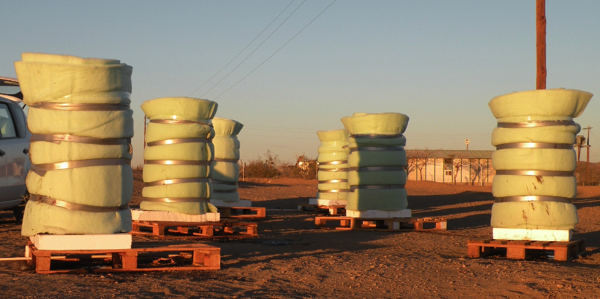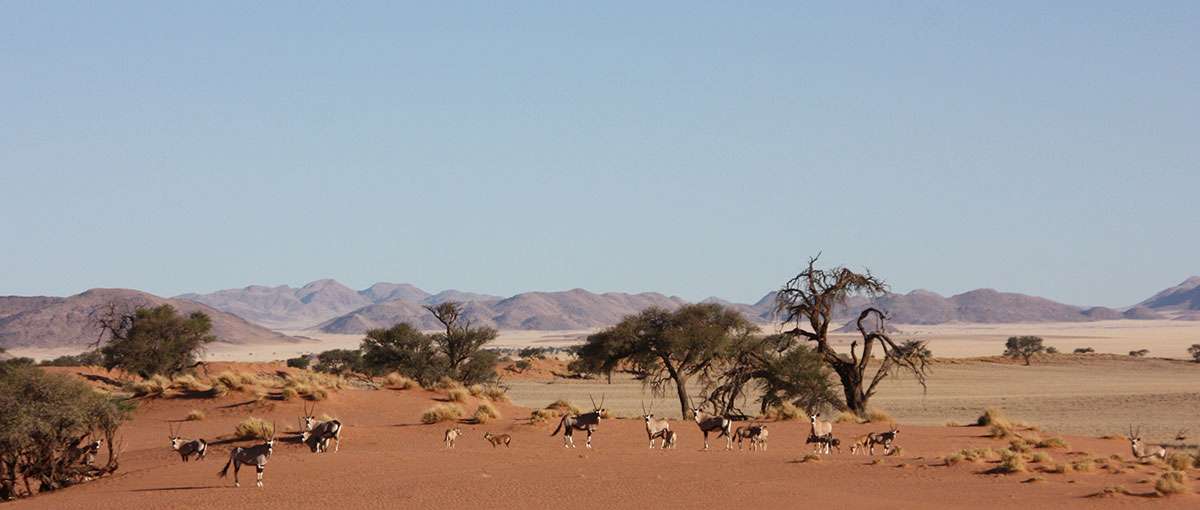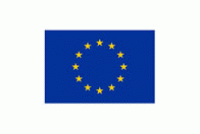Brukkaros Meat Processors (BMP) is an abattoir located in southern Namibia near Keetmanshoop which process and exports goat, sheep and game for Namibia, South Africa and the European Union. A partnership was established with the Desert Research Foundation of Namibia (DFRN), the Swedish International Development Agency (SIDA) and the Swedish University of Agricultural Sciences (SLU) in an effort to decrease the environmental impacts from the abattoir waste.
Through this collaboration, field work was undertaken from 21-29 October 2013 to develop and test environmentally sustainable methods for managing various effluents of the abattoir. Currently we are testing the performance of composting abattoir waste as a means to produce a viable soil amendment and fertilizer. This includes measuring temperature, the differences in greenhouse gas emissions and monitoring the infectious diseases present. A second method that is tested is to look at another value chain of the waste by producing protein by fly larvae composting where the waste is turned into protein rich larvae that can be used as animal feed (www.slu.se/en/faculties/nl/about-the-faculty/departments/department-of-energy-and-technology/research/environmental-engineering/projects/waste-to-worth-/).
Six 200L composting reactors were constructed to represent the middle of a compost pile by insulating all sides, to maintain the heat that the decomposition is producing. All the various waste fractions were mixed together as a ratio representing the daily production of the abattoir, including the blood and some water. The initial average temperature inside the reactors was 29oC. After 6 days, the average temperature reached inside the compost reactors was 36oC with a maximum of 60oC. The reactors continue to drain out the excess liquid from the bottom.





































